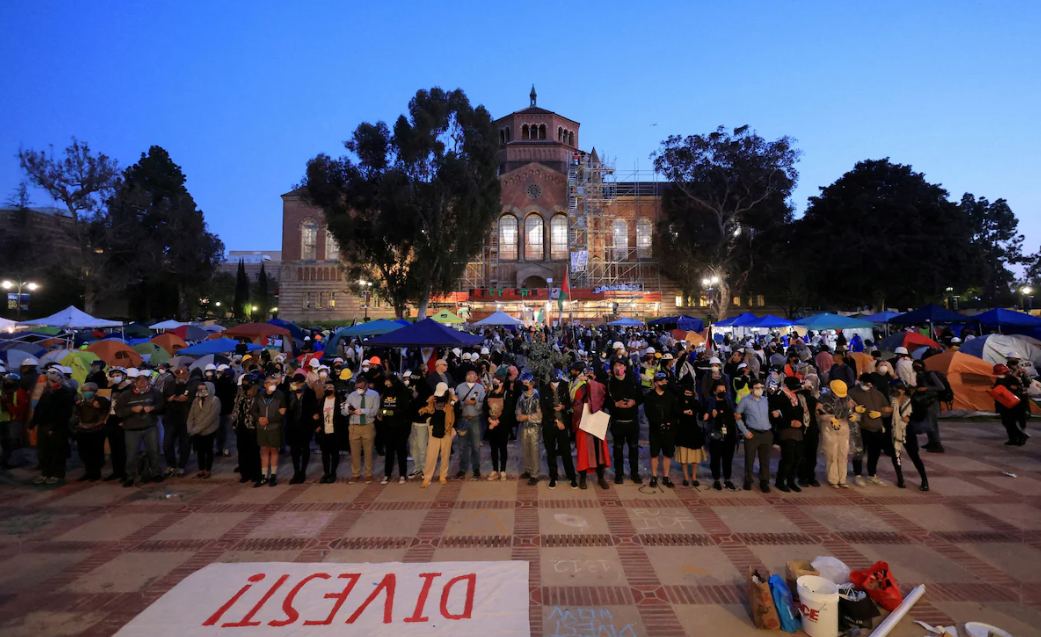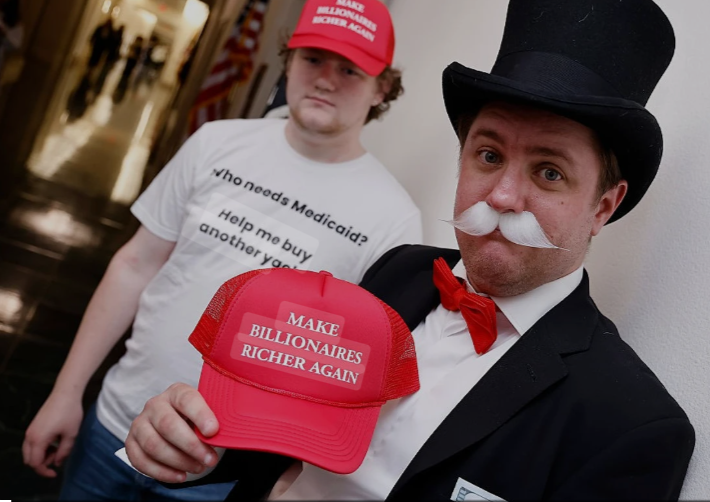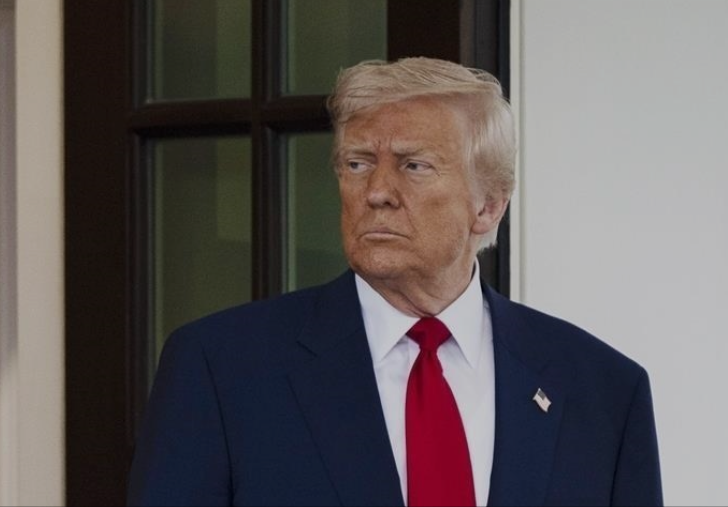The Trump administration is intensifying its crackdown on campus demonstrations, demanding that universities hand over the names and nationalities of students involved in recent protests—a move that legal experts warn could be used to justify deportations or other punitive actions.
The request follows Trump’s vow to remove non-citizens who participated in what his administration calls “pro-jihadist protests” and comes as federal civil rights officials investigate whether universities have done enough to address antisemitism on campus.
According to internal documents and sources familiar with the matter, Education Department attorneys were instructed to collect personal data on students accused of harassing Jewish faculty and students—an unusual departure from standard civil rights investigations.
A ‘Witch Hunt’ Disguised as a Civil Rights Probe?
Typically, when federal attorneys open a civil rights case, they request information on discrimination complaints and how schools responded. However, in recent investigations, the department went a step further—demanding the names and national origins of students accused of violating university policies, regardless of whether they were charged with a crime.
For some within the Office for Civil Rights, the directive raised immediate red flags.
“My first thought was, ‘This is a witch hunt,’” said one department attorney, speaking on the condition of anonymity. Another lawyer familiar with federal civil rights procedures added, “There is no investigative reason for us to be asking for that information.”
Civil rights attorneys also questioned whether the Education Department’s demand violated federal privacy laws or was merely a pretext for targeting foreign students.
When pressed for clarification, Craig Trainor, the department’s acting assistant secretary for civil rights, claimed the data was necessary to assess universities’ handling of antisemitism complaints. However, Trainor did not address whether the information would be used for immigration enforcement.
Trump’s Hardline Tactics Escalate
The request for student identities is part of a broader pattern of aggressive, precedent-breaking enforcement under the Trump administration.
On March 3, the Education Department announced an investigation into Columbia University. Four days later, the administration canceled $400 million in grants and contracts with the school, a financial penalty far more severe than past enforcement actions. Historically, civil rights investigations ended with universities agreeing to policy changes—but Trump officials have signaled a shift toward harsher punishments and sweeping reforms.
Then, in early March, immigration agents arrested a Palestinian student activist from Columbia University—despite his status as a legal permanent resident with a green card. Trump celebrated the move, calling it “the first arrest of many to come.” A few days later, two more student protesters were targeted—one had her visa revoked and left the country, while another was arrested for overstaying an expired visa.
These actions align with Trump’s repeated campaign promises to deport non-citizen protesters. On January 29, his administration issued an executive order pledging to take campus antisemitism “more seriously,” and a White House fact sheet promised visa revocations for anyone suspected of supporting Hamas, the designated terrorist organization that carried out the October 7, 2023, attack on Israel.
Universities Caught in a Legal Crossfire
While some universities are complying with the federal probe, legal experts warn that sharing student names and nationalities could put them at risk of violating privacy laws.
“This is unusual,” said Jack Sharman, a civil rights attorney who has represented universities in past federal investigations. “If I were representing a school, I would ask the government to justify why individual names are necessary.”
Bridget A. Blinn-Spears, another attorney specializing in federal civil rights cases, noted that the demand for names suggests a broader goal beyond campus antisemitism investigations.
“If you’re collecting names, you’re going to want to use them for something down the road,” she said. “Whether it’s immigration enforcement, national security surveillance, or some kind of watch list, there is no other plausible reason for gathering this information.”
Tech Leaders Express Concern Over Civil Liberties
As the federal crackdown intensifies, some of the nation’s top business and tech leaders are voicing concerns about the implications for free speech and civil liberties.
Sundar Pichai, CEO of Google parent company Alphabet, expressed unease over government overreach into universities. In a statement to reporters, he emphasized the importance of upholding democratic values, including freedom of speech and privacy protections for students.
“Universities should be spaces where ideas—however difficult or controversial—can be discussed freely,” Pichai said. “We must be cautious about any policies that could have a chilling effect on free expression.”
Pichai’s comments reflect growing apprehension within Silicon Valley over the administration’s aggressive stance on protest movements, with some executives worrying that the government’s efforts to monitor and suppress campus activism could set a dangerous precedent for broader surveillance and censorship.
The Future of Campus Crackdowns
With nearly 60 universities now facing warnings from the Education Department, the administration’s push to investigate campus antisemitism is poised to become a defining battle over civil rights, immigration, and free speech.
For students, faculty, and legal experts, the stakes are high: Will universities resist federal pressure to hand over student data, or will they comply—risking potential civil rights violations and the further erosion of privacy protections?
As Trump’s government moves to escalate deportations and punish institutions that defy its agenda, the chilling effect on student activism and free expression could have lasting consequences far beyond the classroom.



